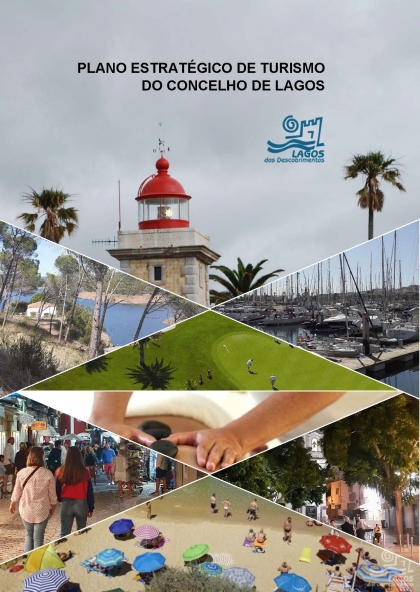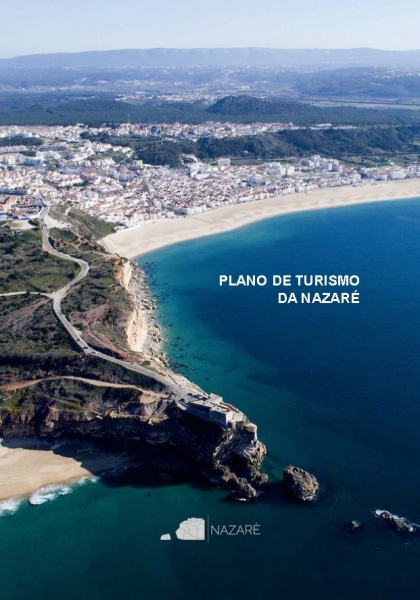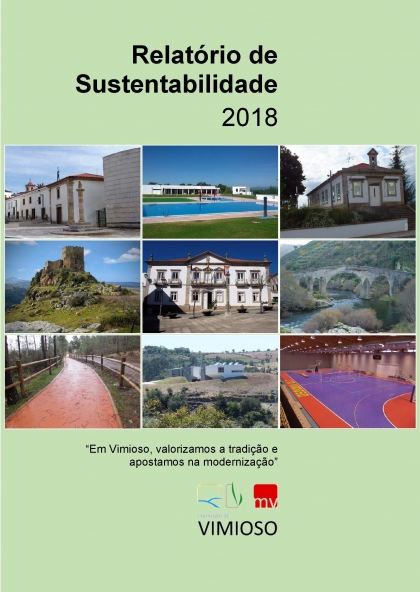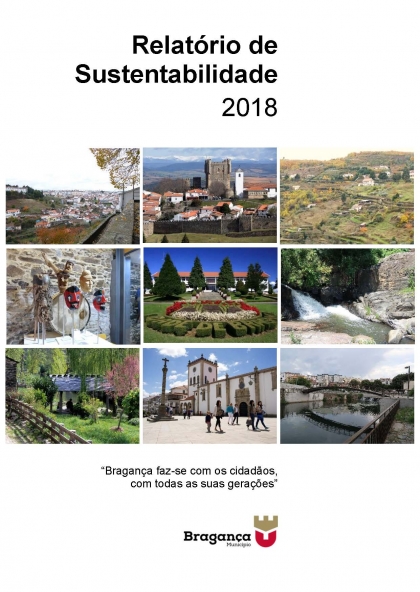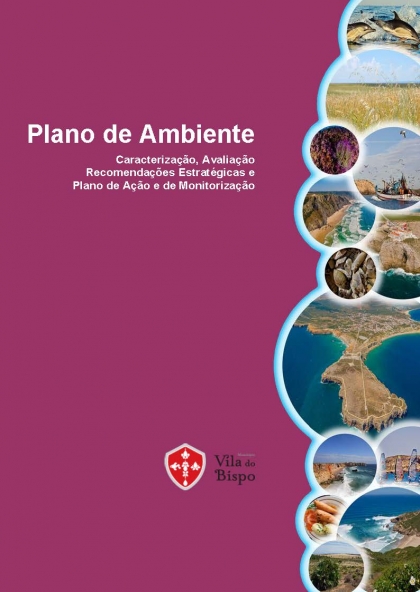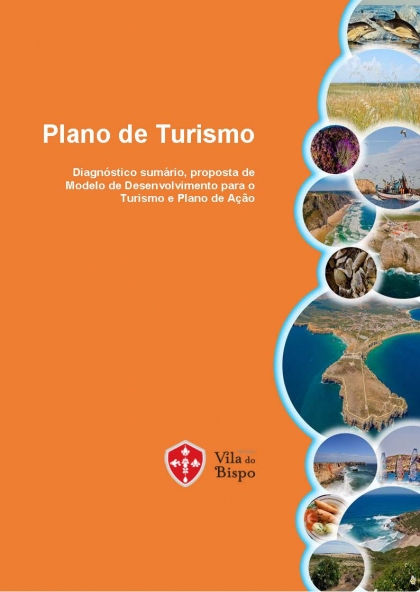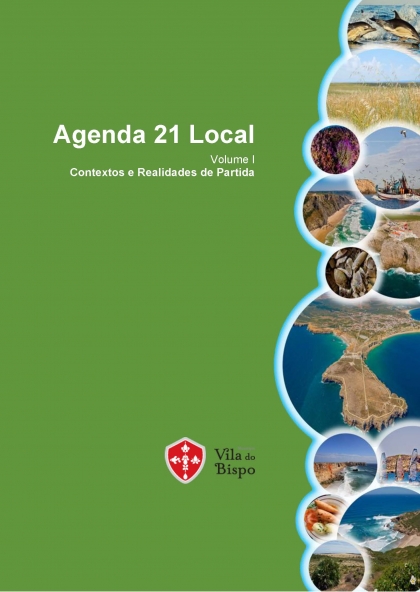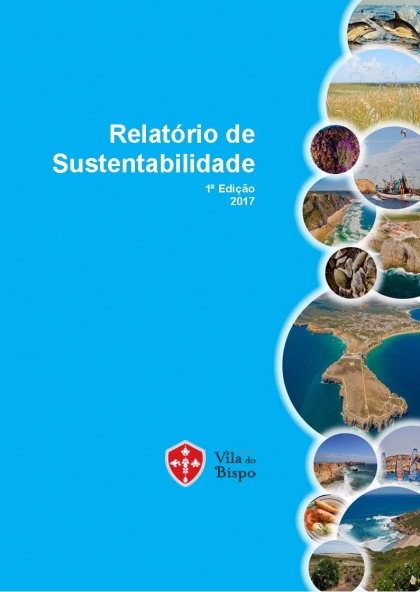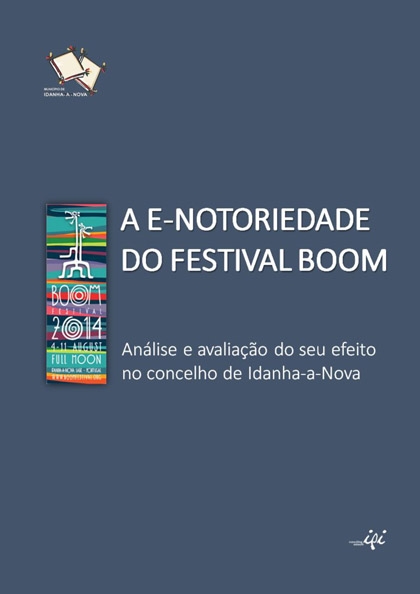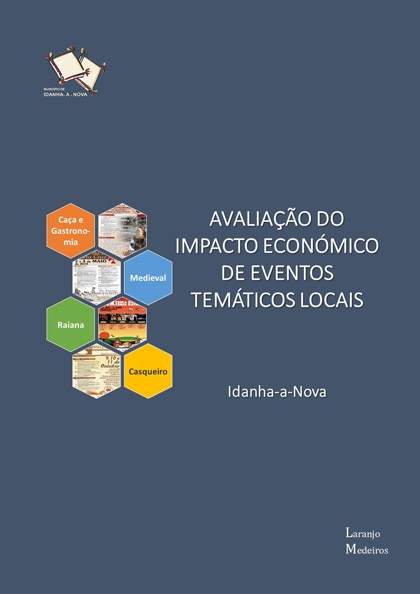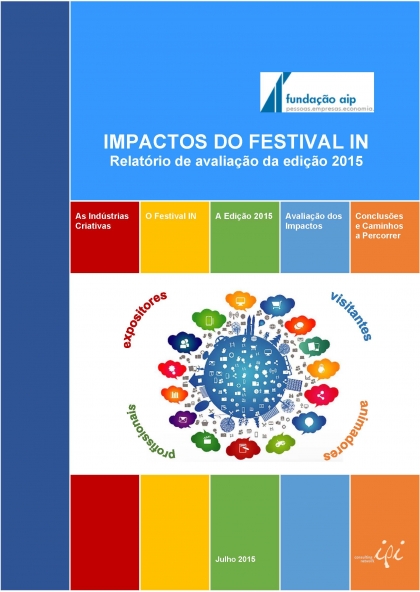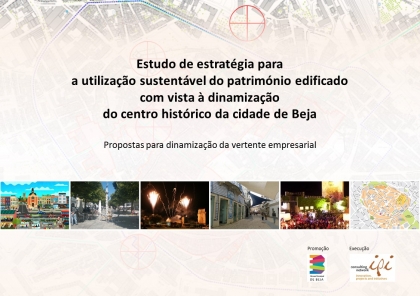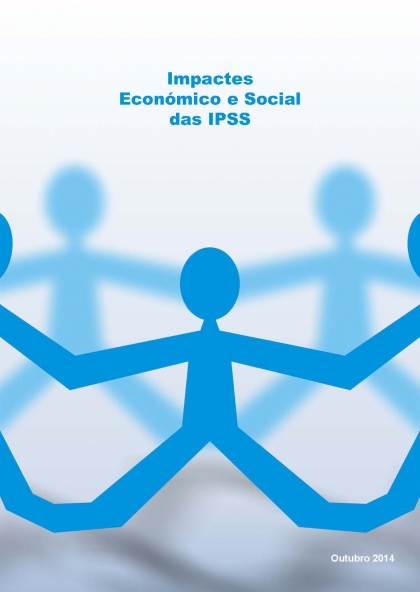Strategic Plan of Tourism for the Municipality of Lagos
This Strategic Plan of Tourism has the mission of providing the Municipality of Lagos with a Strategic Vision for the development of the municipality anchored in Tourism, but without forgetting that the tourist function is only sustainable and competitive if it manages to establish a good balance with the other functions of the territory. It provides the Municipality with a range of actions to be implemented, which, if effectively implemented, will improve the quality of life in Lagos and contribute to making Lagos tourism more competitive and more recognized. A Plan designed in 2020, a year marked by the covid-19 pandemic, a fact that forced a review of the parameters and guidelines that until now were taken for granted.
Tourism Plan for the Municipality of Nazaré
Since tourism is a vector of development in Nazaré of growing importance, namely in the wake of the international projection achieved with the phenomenon of big waves and the increase in the number of visitors and tourists to the county, it is important that the municipality adopt tools capable of helping it in its role of regulatory agent, as well as in its mission to promote and facilitate the tourist activity, in order to ensure the sustainable growth of tourism in the Municipality of Nazaré. This Tourism Plan is, in this context, an essential tool. The Tourism Development Model and the respective Action Plan were designed with a view to pursuing 3 fundamental objectives: 1st Decrease seasonality; 2nd Increase the average stay; 3rd Improve the quality of tourism.
Sustainability Report of the Municipality of Vimioso
The Vimioso Sustainability Report is a transparent and independent instrument, with the primary objective of demonstrating the municipality’s performance over the last municipal term (quadrianium 2013-2017). Cumulatively, and already in the exercise of a new municipal mandate (quadrianium 2017-2021), the municipal Executive identifies and assumes, in this Sustainability Report, commitments for the future. As additional benefits of this instrument, the following are also relevant: the improvement of municipal services’ perception of the issues addressed and internal attention to their performance, as well as the potential to improve operational efficiency or the possibility of monitoring performance and identifying areas that need to be improved. The visibility that the Sustainability Report provides is equally relevant, even as an affirmation of the municipal Executive, in its option to choose the path of Sustainable Development.
Sustainability Report of the Municipality of Bragança
The Sustainability Report focuses on the Mission, Vision and Values that the municipal Executive defines and practices, and presents, in the Message of its President, a commitment to the present and future of the municipality. The performance analysis carried out is divided into four main vectors and, crossing the different intervention areas of the municipality, it assesses the performance and sustainability of the strategic options taken. In addition to the performance analysis, this work also presents a set of commitments for the future, the characterization of the City Council as an executive body of the municipality, as well as the main figures highlighted in the Municipality of Bragança in the period covered by the Sustainability Report . Finally, it presents the methodology applied in its preparation, which establishes the contents and limits to which the elaboration of a Sustainability Report must comply.
Environmental Plan for the Municipality of Vila do Bispo
The Environment Plan favors the definition of concrete and feasible action measures related to environmental issues, identifying existing constraints, as well as measures to mitigate them. It also allows the enhancement of biodiversity and environmental heritage as resources for the sustainable development of the municipality. The Environment Plan involves action in different vectors: analysis and diagnosis, definition of action, capacity building, awareness, follow-up and monitoring. An action guided by participatory processes that bring together institutional actors and civil society. The conceptual model developed also pays attention to concepts such as: Ecodesign (or ecological design); Life Cycle Analysis and Circular Economy.
Tourism Plan for the Municipality of Vila do Bispo
The Tourism Plan favors the definition of concrete action measures that are feasible and enhance positive impacts. More than a retrospective analysis, it constitutes a prospective Plan, aimed at the development of tourism and the municipality’s notoriety, covering the areas that are already explored today, but also others, innovative, in which the potential for development is identified. As tourism is a clearly verticalized and increasingly sophisticated sector, it seeks to enhance the specificities that give competitive advantages to local cultural and natural heritage, with tradition, but also with modernity, which can constitute fundamental “raw material” to transform the heritage in tourism resources.
Local Agenda 21 of the Municipality of Vila do Bispo
Local Agenda 21 is a process that, supported by a pragmatic portrait of the municipality, identifies a mission and a vision for its future, as well as a set of operational objectives and guidelines for action. It is a process in which people are a central element, acting on demographic and social issues, but also on economic, environmental and innovation issues. To ensure a transversal vision, Local Agenda 21 looks at the municipality of Vila do Bispo as a whole and points out the paths that the Municipality should pursue, now and in the future, in favor of the development and growth of the municipality. Local Agenda 21 aims to prepare the Municipality for a more sustainable future, providing it with tools to guide action.
Sustainability Report of the Municipality of Vila do Bispo
The Sustainability Report is a portrait of the performance and performance of the Municipality, while identifying and assuming commitments for the future. Its preparation stems from the Municipality’s awareness of the importance of the principles of financial balance, social responsibility and environmental quality, as well as the importance of transmitting the results achieved in a transparent, simple and appealing manner. In this sense, the Sustainability Report, focusing on the Mission, Vision and Values that the Municipal Executive defines and practices, presents, in the Message of its President, a commitment to the present and future of the Municipality. It is a relational approach that is divided into 4 main vectors: I. Governance, Commitment and Involvement; II. Economic Performance; III. Environmental Performance; IV. Social Performance.
E-Reputation of the Boom Festival
The main objective of this study was the analysis of the e-reputation of Boom Festival and its effects in Idanha-a-Nova, in an era when the notoriety – vital part of a brand – is of an increasingly great importance to a territory, as it reinforces the ability to attract visitors, investors, knowledge and people, thus becoming a central element in an increasingly intense competition triggered by different territories.
Economic Impact Assessment of Local Thematic Events
This study evaluated the economic impact resulting from the implementation of a number of small thematic events in the Municipality of Idanha-a-Nova, having been selected four events: Feira Raiana; Feira da Caça e da Gastronomia; Feira Medieval and Festival do Casqueiro.
Impacts of Festival IN - 2015 edition evaluation report
The main goal of this project was to evaluate the different impacts of Festival INs’ second edition. This event, organized by AIP – Portuguese Industrial Association, occurred between 23 and 26 of April 2015 at FIL (Lisbon International Fair) facilities.
Strategy study for the sustainable use of the historic center of the city of Beja
This project aimed to answer the challenge of defining a strategy to boost the economy of Beja historic city centre.
Social and Economic Impacts of IPSS
This project aimed to measure the social and economic impacts of Social NGOs activities, and offer a strategy to maximize the social impacts, based on the study of four municipalities: two inland (Idanha-a-Nova and Macedo de Cavaleiros) and two in coastal area (Montijo and Peniche).

